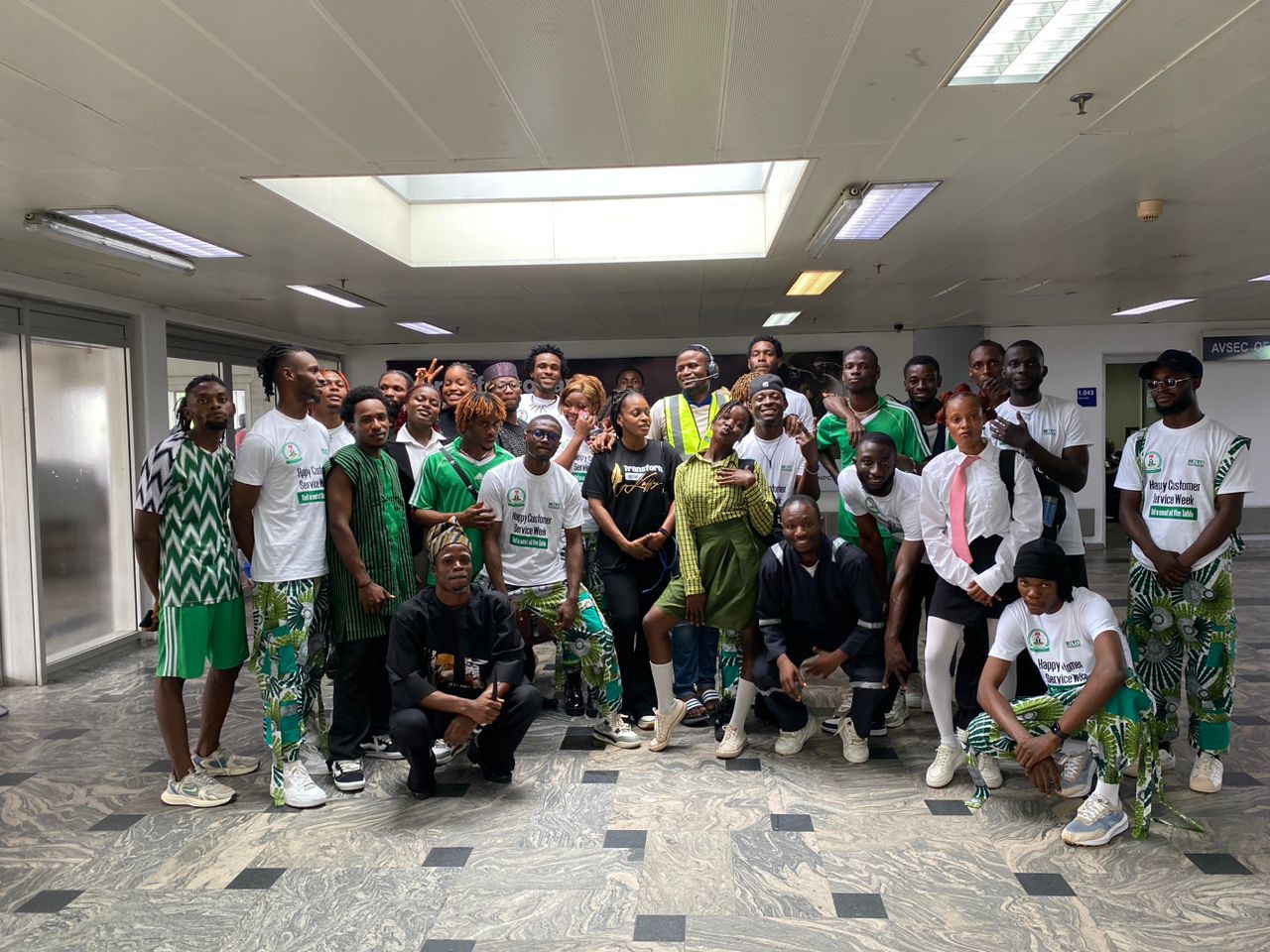Nigeria recorded a 26.5 per cent increase in crude oil imports in the first half of 2025 (H1’25), rising to 5,665,602 metric tons from 4,478,413 metric tons in the corresponding period of 2024, according to fresh data from the Nigerian Ports Authority (NPA).
The sharp rise was largely attributed to the operations of the 650,000 barrels per day Dangote Petroleum Refinery, which sourced crude oil from countries including the United States, Brazil, Angola and Equatorial Guinea.
Mixed Quarterly Trend
A breakdown of NPA figures showed a contrasting trend. In Q1 2025, crude imports fell to 2,400,553 metric tons, about 30 per cent lower than the 3,037,209 metric tons recorded in Q1 2024. However, in Q2 2025, imports surged to 3,265,099 metric tons, marking a 126 per cent increase compared to the 1,441,204 metric tons posted in Q2 2024.
The refinery, which began operations in May 2023, started refining diesel and aviation fuel in January 2024 after receiving its first crude in December 2023. Since then, it has consistently imported crude while exporting refined petroleum products.
Nigeria, however, recorded a 7.45 per cent drop in petrol exports, shipping 998,500 metric tons of Premium Motor Spirit (PMS) in H1 2025 compared with 1,078,912 metric tons in H1 2024, NPA data showed.
Domestic Supply Gaps
Despite government plans under the Domestic Crude Oil Supply Obligation to allocate 770,500 barrels per day (37 per cent of planned output) to local refineries, shortfalls in national production constrained supply.
According to the Nigerian Upstream Petroleum Regulatory Commission (NUPRC), actual production between January and July 2025 fluctuated between 1.603 million and 1.737 million barrels per day, well below the target of 2.06 million bpd. The agency reported that only 67.6 million barrels were delivered to local refiners between January and August.
Experts Weigh In
Dr. Muda Yusuf, CEO of the Centre for the Promotion of Private Enterprise (CPPE), said Dangote’s dependence on imported crude stemmed from forward contracts that tied much of Nigeria’s output to international buyers.
“Over time, a significant portion of our crude has been sold through forward contracts, limiting local availability. Joint venture arrangements with IOCs also restrict unilateral allocation,” he explained.
Maritime consultant Oluwabunmi Ogunjimi noted that Dangote Refinery had boosted government revenue through ship dues, towage fees and pilotage charges, as larger vessels now call at Nigerian waters to deliver crude and load refined products.
“Dangote is transforming the shipping sector. The Very Large Crude Carriers (VLCCs) using Single Buoy Mooring at Lekki are bringing huge commercial benefits, creating jobs, increasing ship movements and enhancing Nigeria’s ranking with the International Maritime Organisation,” he said.
Similarly, Clement Isong, CEO of the Major Energy Marketers Association of Nigeria (MEMAN), said importing crude was not unusual, as many oil-producing countries also do so to meet domestic refining needs.
Looking Ahead
Industry stakeholders expect output to improve gradually with ongoing upstream projects, though results may take years to materialise.
The government has launched Project 1 Million Barrels, aimed at raising national output to 2.5 million barrels per day in the short term. Officials say the initiative is designed to strengthen domestic refining, support the Dangote Refinery and others, and build a more self-reliant petroleum sector.



